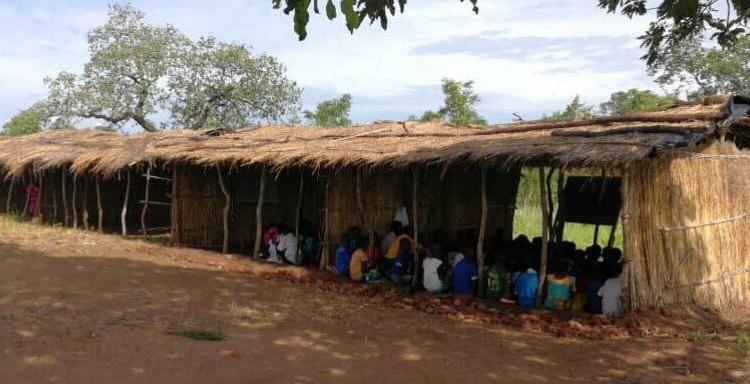
On July 6, 2023, Malawi commemorated 59 years of independence. However, it is essential to reflect on the accomplishments of our nation and critically evaluate whether the celebration is truly warranted.
Firstly, Malawi achieved full independence in 1964, marking a significant milestone in our history. Following independence, the country was governed as a one-party state under the leadership of Hastings Banda until 1994.
Looking back further, during the colonial era, infrastructure development, such as roads and railways, was introduced, and European settlers initiated the cultivation of cash crops. Nevertheless, the colonial administration failed to prioritize the welfare of the African majority, as their interests were often overlooked.
Presently, Malawi remains one of the world’s least-developed nations, with a predominantly rural and rapidly growing population heavily dependent on agriculture. The government relies heavily on foreign aid to address development needs, although the amount of aid received has decreased since 2000.
Additionally, Malawi faces ongoing challenges including deforestation, water resource limitations, declining fisheries, insufficient institutional capacity to manage natural resources, and farming practices that lead to soil erosion and reduced fertility.
When reflecting on the impacts of colonialism, it is crucial to acknowledge the negative consequences, such as environmental degradation, the spread of diseases, economic instability, ethnic tensions, and human rights violations. These issues continue to persist long after colonial rule.
While historians have highlighted certain positive aspects of colonization, such as the introduction of medicine, education, improved infrastructure, Christianity, and defined boundaries, it is essential to consider the broader context and the lasting effects of colonialism.
In conclusion, Malawi must prioritize accelerated economic growth by leveraging our agricultural and natural resources, expanding markets, enhancing trade and exports, attracting investments, and facilitating access to credit to stimulate job creation, increase incomes, and support the growth of micro-, small-, and medium-sized enterprises.
Furthermore, our heavy reliance on subsistence, rainfed agriculture hampers our potential for growth, leaving us vulnerable to weather-related shocks and food insecurity.
To move forward, we must address issues such as corruption, individualism, dependency syndrome, a culture of excessive spending, and resistance to change. It is time to modernize our farming practices by adopting mechanized techniques, embracing irrigation farming, fostering innovation, investing in education, promoting manufacturing for exports, and embracing visionary leadership. Implementing our well-designed plans is crucial at this stage of our development.
Regrettably, as we reach the age of 59, it is evident that we continue to grapple with various challenges. However, by acknowledging our shortcomings and charting a path of progress, we can overcome these hurdles and work towards a brighter future for Malawi.














